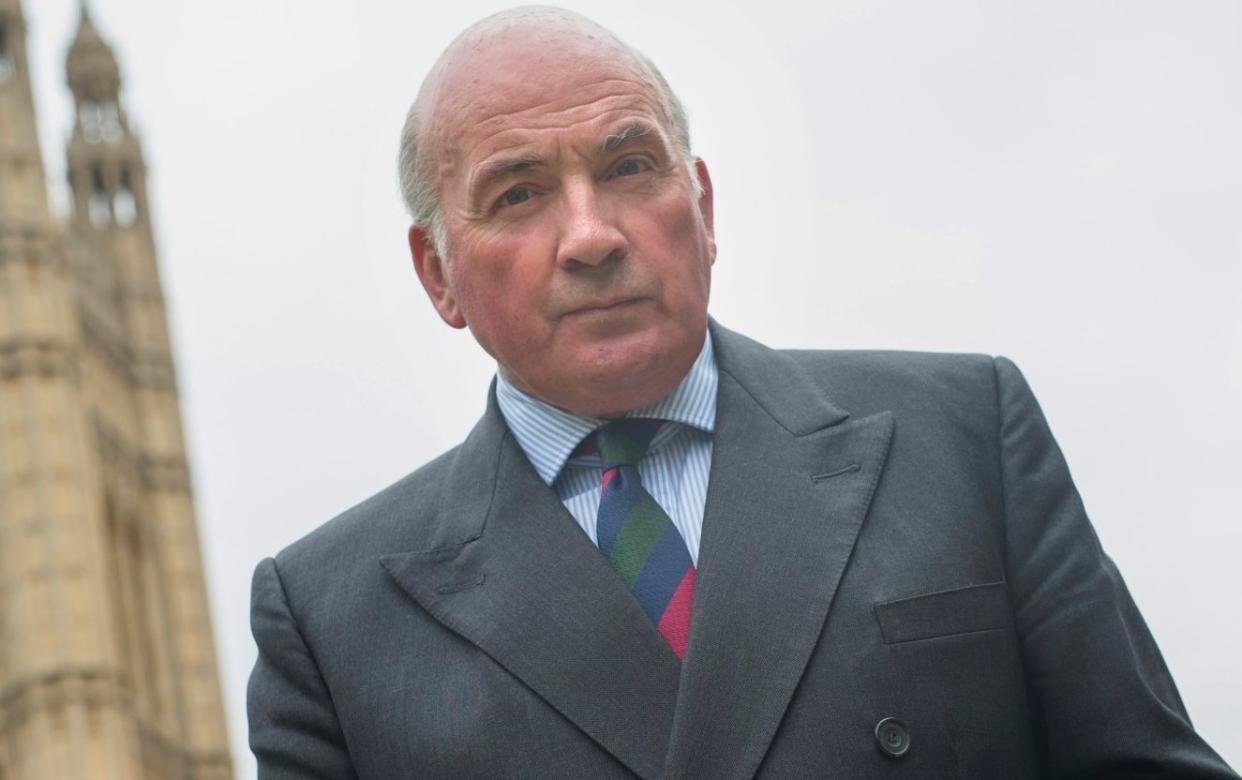UK must raise defence spending to 5pc to deter Russia, says former Army chief

The former head of the British Army has said Britain must raise defence spending to five per cent of GDP to deter Russia as it did during the Cold War.
Richard Dannatt, who was in charge of the Army from 2006 to 2009, raised concerns that Britain is not doing enough to deter Russian aggression.
Lord Dannatt called on the Government to increase defence funding to five per cent – double Rishi Sunak’s plans to raise it to 2.5 per cent.
He believes the five per cent mark – which would equate to around £174 billion a year – is the price required to keep Russia at bay and said politicians were too focused on whatever is “the top story on the Today programme”.
Currently, the UK spends around 2.2 per cent of GDP on defence – roughly £75 billion a year. Last week, the Prime Minister announced that the budget would increase to 2.5 per cent – £87 billion – by 2030.
In an interview with The Lady magazine, Lord Dannatt highlighted the under-funding of the Armed Forces. He said in 1935 the UK spent three per cent of GDP on defence, but by 1939 it shot up to 18 per cent and by 1940 it was at 46 per cent.
He said: “Today we’re spending about 2.2 per cent, with a number of us calling for an increase to 2.5 per cent or three per cent pretty quickly.
“During the Cold War, we were spending five per cent on defence – that was the price of deterrence. If we’re trying to deter Putin, then maybe we’ve got to be thinking about numbers as big as that, which is certainly off the radar as far as any political parties in the coming election are concerned.
“I think this is a weakness of democracy and a strength of dictatorships. A dictator who doesn’t care about public opinion can take long-term decisions and drive them through, whereas our politicians now are very much driven by the top story on the Today programme.”
Lord Dannatt was instrumental in some of Britain’s operations in the Middle East and became Chief of the General Staff in 2006. The retired general, a recipient of the Military Cross, later went on to serve as defence adviser to David Cameron.

 Yahoo News
Yahoo News 